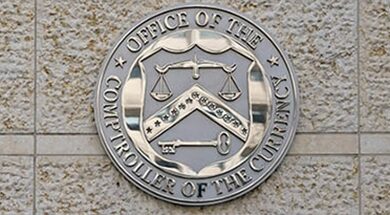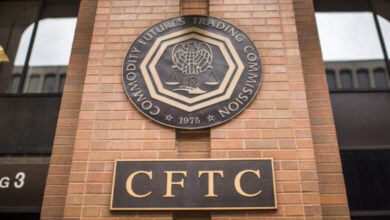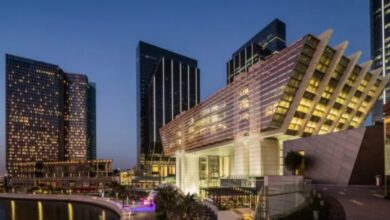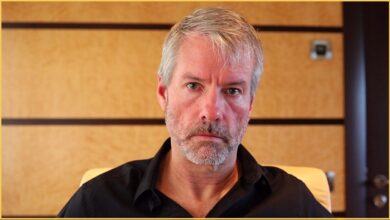UNDP report proposes Blockchain for Renewable Energy in Lebanon

The UNDP recently published an article pertaining to a study on how blockchain can enhance uptake of renewable energy solutions in the country. The study was funded by the Netherlands. The report is part of the CEDRO project. The study written by Francois Sonnet, a solar expert with over 15 years’ experience in the solar and financial industry, discussed the current alarming situation of the Lebanese electricity sector and the burden it has on the national economy and people.
The electricity tariffs are heavily subsidized, causing expenses which substantially contribute to the country’s national debt. Furthermore, since EDL is still unable to provide 24/7 electricity supply, citizens and companies are forced to use polluted and expensive private generator to cope with shortages. While the necessary reform of the electricity sector is yet to be implemented, distributed renewable energy has the potential to address these developmental challenges in a market-based manner while creating sustainable employment opportunities along its value chain.
As such the UNDP has explored blockchain based solutions for the renewable energy sector in Lebanon. This study has first identified these real-world applications and development of commercial-size blockchain-based energy business models through desk researches, interviews and the collection of working use-cases from the fast-evolving blockchain space. Taking into consideration the specific context of Lebanon, the study has identified suitable blockchain-enable solutions for the uptake of renewable energy in relatively short-term as well as the set of recommendations for deployment. To practically serve business developers, energy-related companies and policymakers, this report aims to map a clear procedure for deploying blockchain-enabled energy solutions in Lebanon.
The study utilized the experience of current renewable blockchain solutions to explain real use cases, but UNDP claims in the report that it is not promoting these companies.
In this context, the report outlines procedures for implementing: SolarCoin digital asset with solar power producers (Project A), SunExchange business model through Public-Private Partnership (Project B), and Energy blockchain solutions provided by platforms such as LO3 Energy, Grid Singularity and PowerLedger applied to grid connected/island microgrids and-or a neighborhood using Smart-Meter data collection (Project C), as well as tLiquidStare batteries on the Go for powering remote communities (Project D).
For each project, the advantages and benefits of the proposed solutions are also described.
The report finds that distributed or blockchain enabled renewable energy has significant economic, environmental and social benefits such a allowing for the reduction of Lebanon’s dependence on fuel imports; promoting money circulation within the country and inducing an immediate and long-lasting annual net benefit on national economy with a multiplier effect on GDP growth; – Creating employment opportunities along renewable energy value chain3.
The report discusses what regulations and legislations need to be enacted to make the utilization of blockchain solutions mentioned applicable.
Back in July 2020 Flexidao, a leading blockchain provider in energy space, published an article on the same topic, showcasing its work with UNDP for renewable energy in Lebanon.





